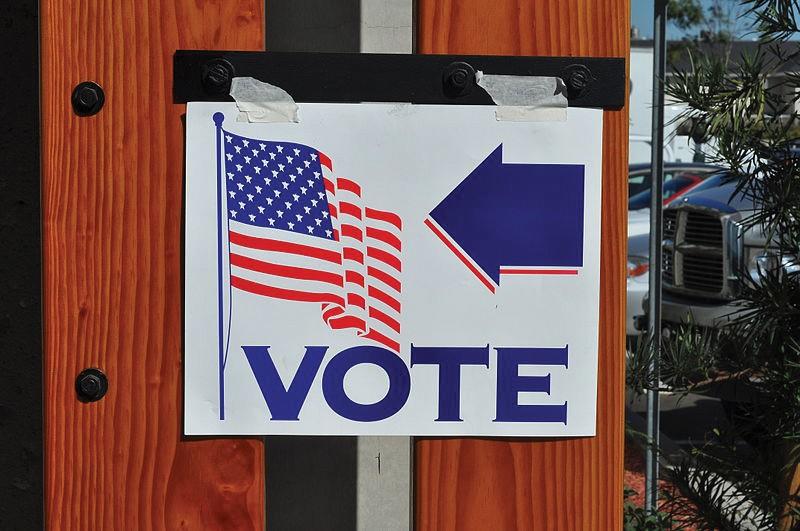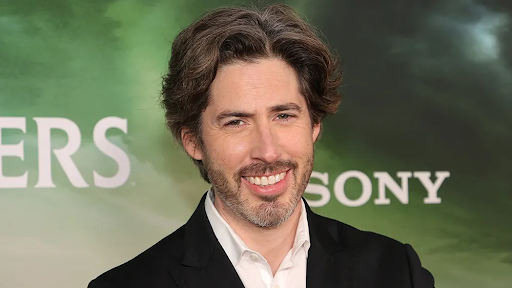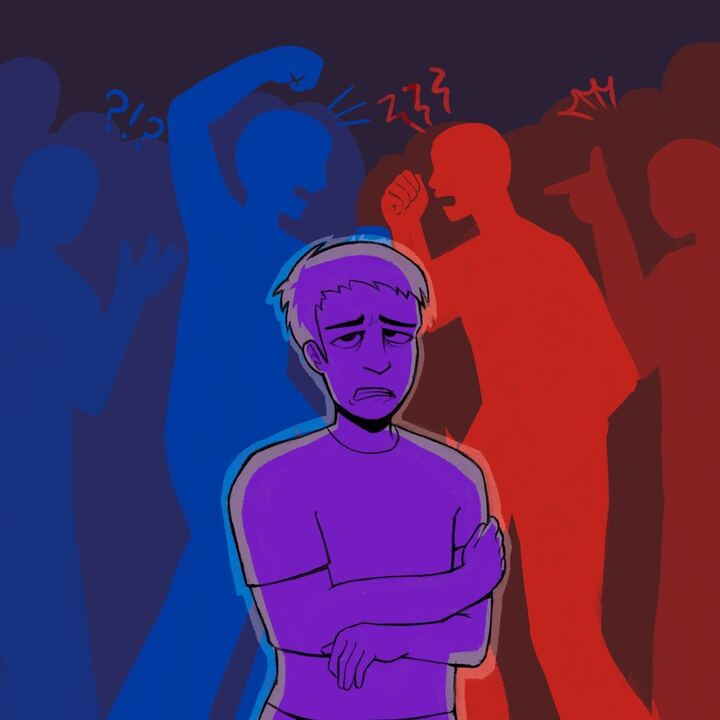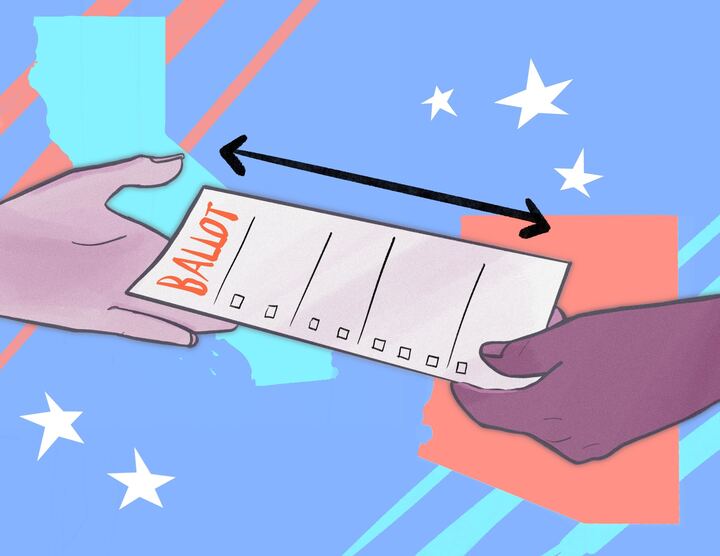The University of Arizona is a diverse student body, driving many political groups to exist on campus. Young Democrats of the UA, the UA College Republicans, TurningPoint, NextGen Youth Council, Defend Our Future, the list goes on and on. Every single one of these groups has multiple agendas all differing from one another, but they all have a common ground: getting young people to vote.
As we all have heard, people aged 18-29 years have the lowest voter turnout of any age group. According to the Census Bureau, the 18-29 age group had a turnout of 35.6% in the 2018 midterms. While that number is on the rise, according to the same article, the largest voting age group remains to be the 65+ age group, almost doubling the 18-29 voter turnout, with a turnout of 66.1% as of 2018.
As someone who canvassed for the 2018 midterms and knows many of the excuses people give for not wanting to register to vote, I know the struggles of the aforementioned student political groups. According to Youth Service America, some reasons young people don’t vote are because they hold the belief that their opinion and vote will not matter or make a difference, or that they’re too uneducated to vote. Getting through to this age group is a huge obstacle, but as it turns out, getting young people to register to vote is only half of the work.
RELATED: OPINION: State funding would help more students afford college
According to the same article, another big reason young people don’t vote is scheduling conflicts with election days. Most of the time, people this age are at minimum wage jobs that they can’t afford to take a few hours off from, or they are in school and they can’t get to their designated polling location on election day. So not only do many canvassing and political groups have to educate people on candidates, policies and the democratic process in general, they also have the difficult task of helping people get to their polling place on election day.
When I got to the UA, I was incredibly surprised to hear that the polling place for students living on campus is an off-campus location. I’m from Flagstaff, just a few hours north of Tucson and home of Northern Arizona University. NAU had a student body of 29,031 as of 2015, which is a little more than half the size of UA’s student population that same year. When I canvassed last year, we got a lot of students to register to vote. The polling place for students and residents in the area was the Dome, NAU’s stadium, which is located in the middle of campus, where every student could at least walk to. At the UA, not only are scheduling conflicts an obstacle for young voter turnout, but the ability to get to a polling place undercuts a massive part of the student population who live on or near campus and do not have cars.
RELATED: OPINION: Hidden treasures the UA offers for FREE
I find this situation very disconcerting and frustrating. The fact that the UA does not have more polling locations besides ASUA on campus, is essentially disenfranchising the student body who do not have cars available to them while in college. Getting young people active in the community seems to be a value that the UA prides itself on, yet one of the best ways to be involved with your community is basically impossible for some students here. At the end of the election cycle, it does not matter whether or not you are educated on policies or candidates, whether or not issues directly affect you or even that you care about voting at all. It matters whether or not you can get to a polling location to cast your vote.
I propose the solution of designating the Bear Down Stadium to be a voting place for students and faculty on election day. Having a polling location within 10-20 minute walking and biking distance of every building on campus would be largely beneficial to the young voter turnout in Tucson. It would be of little to no cost to the UA and it would be a huge opportunity to engage in our democracy, from creating many volunteer opportunities to just getting out and voting. I hope to see the UA designate Bear Down Stadium as our polling place for the upcoming February election, and to everyone reading this, remember to do your best to get out and vote!
Kayleigh Cook is a freshman majoring in Philosophy, Politics, Economics, and Law (PPEL)









